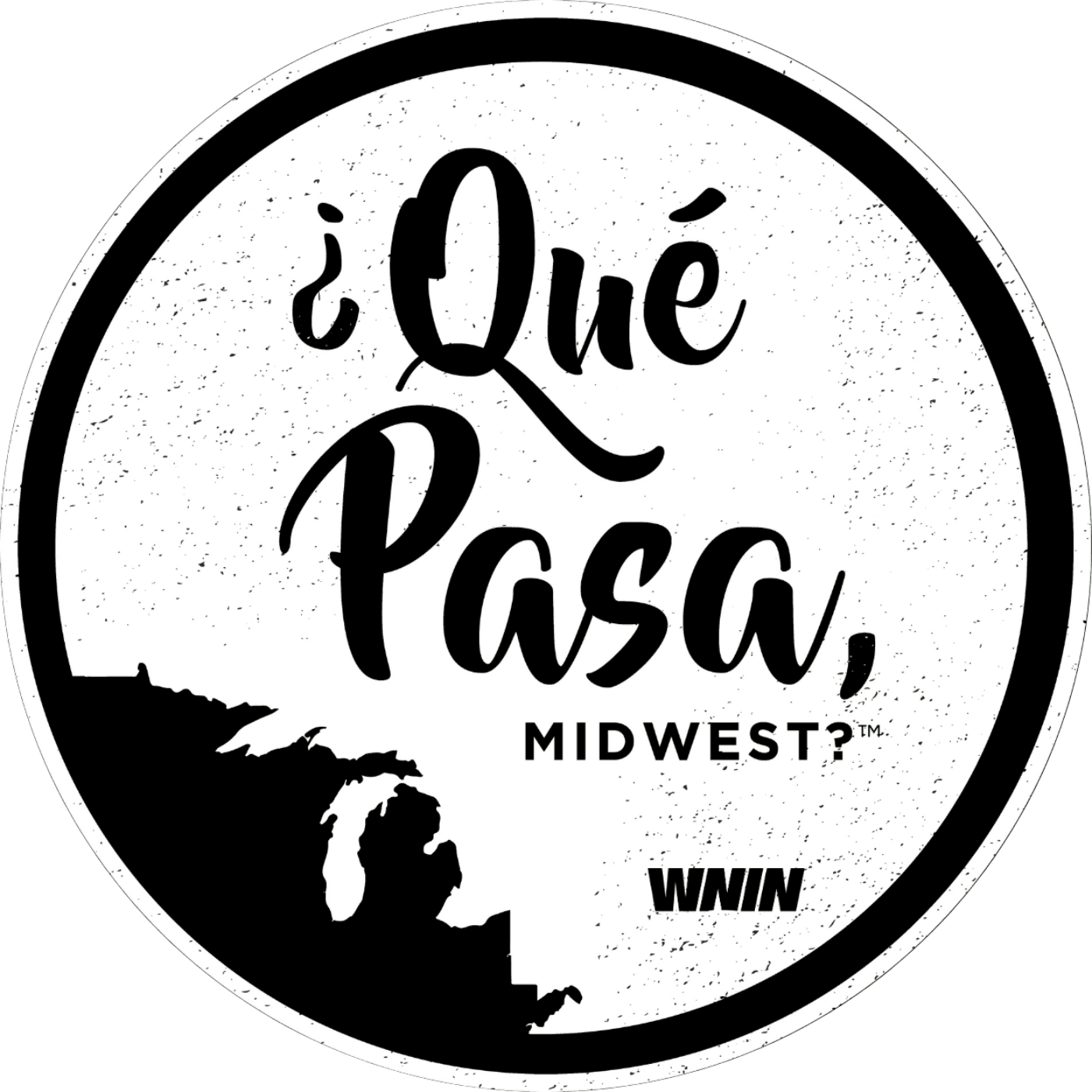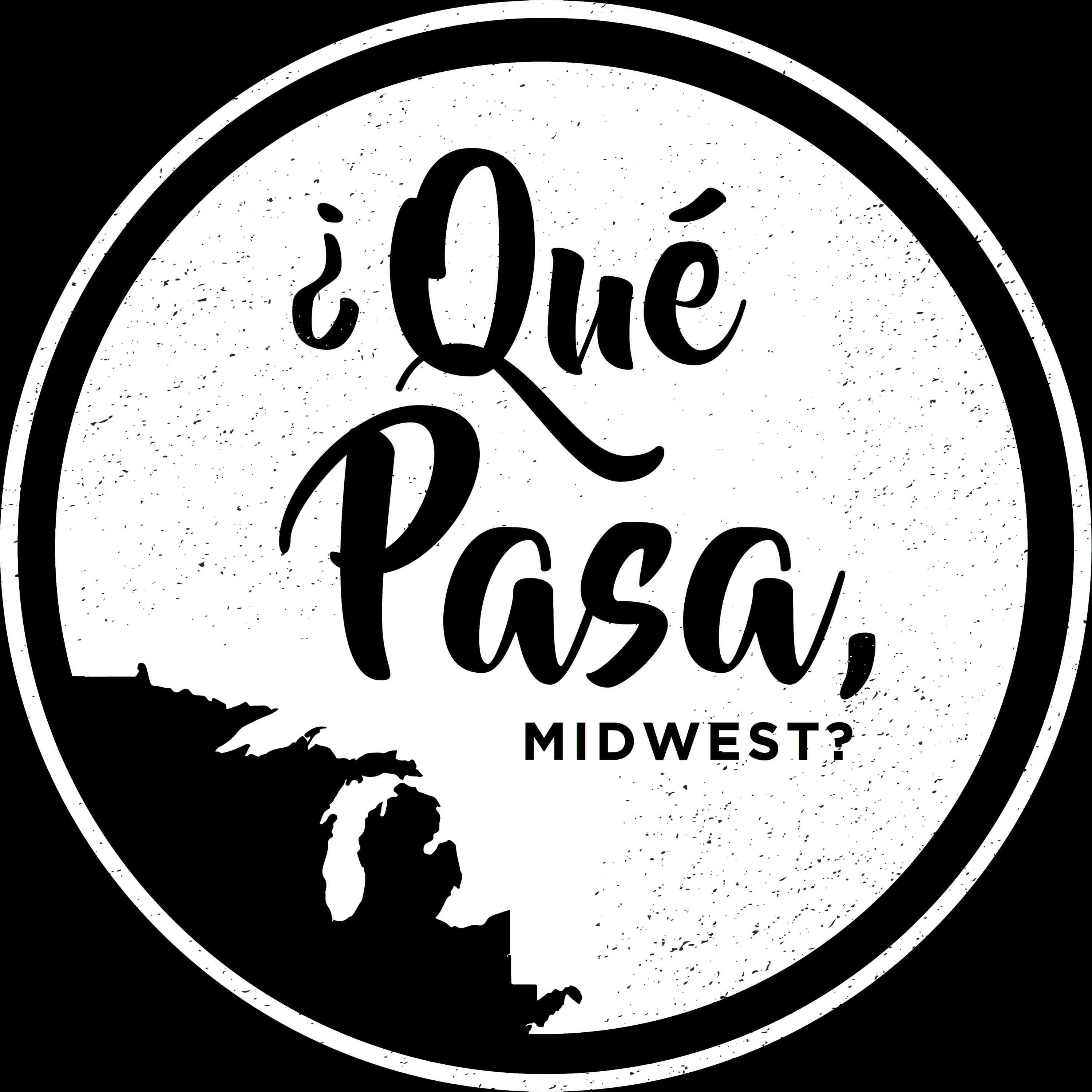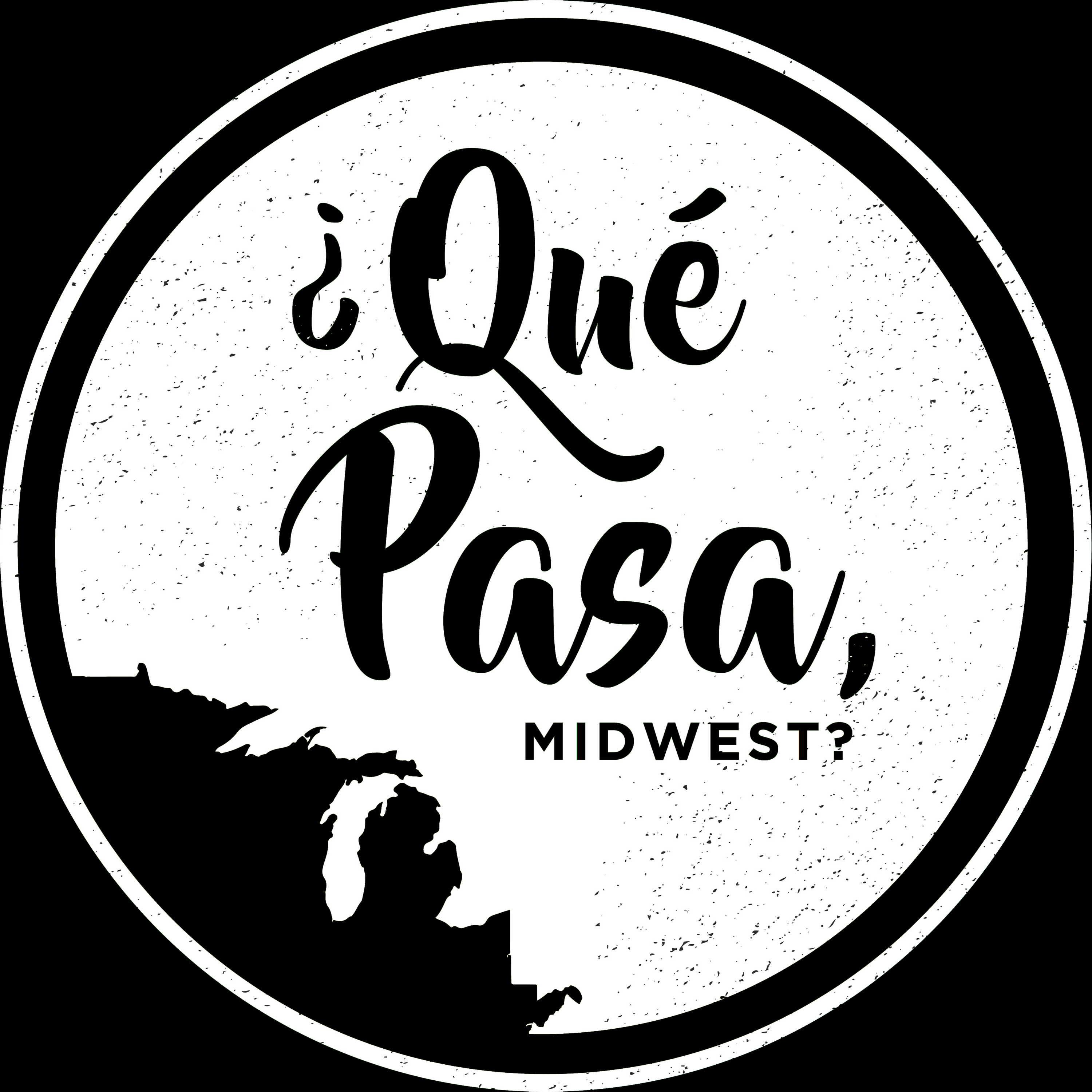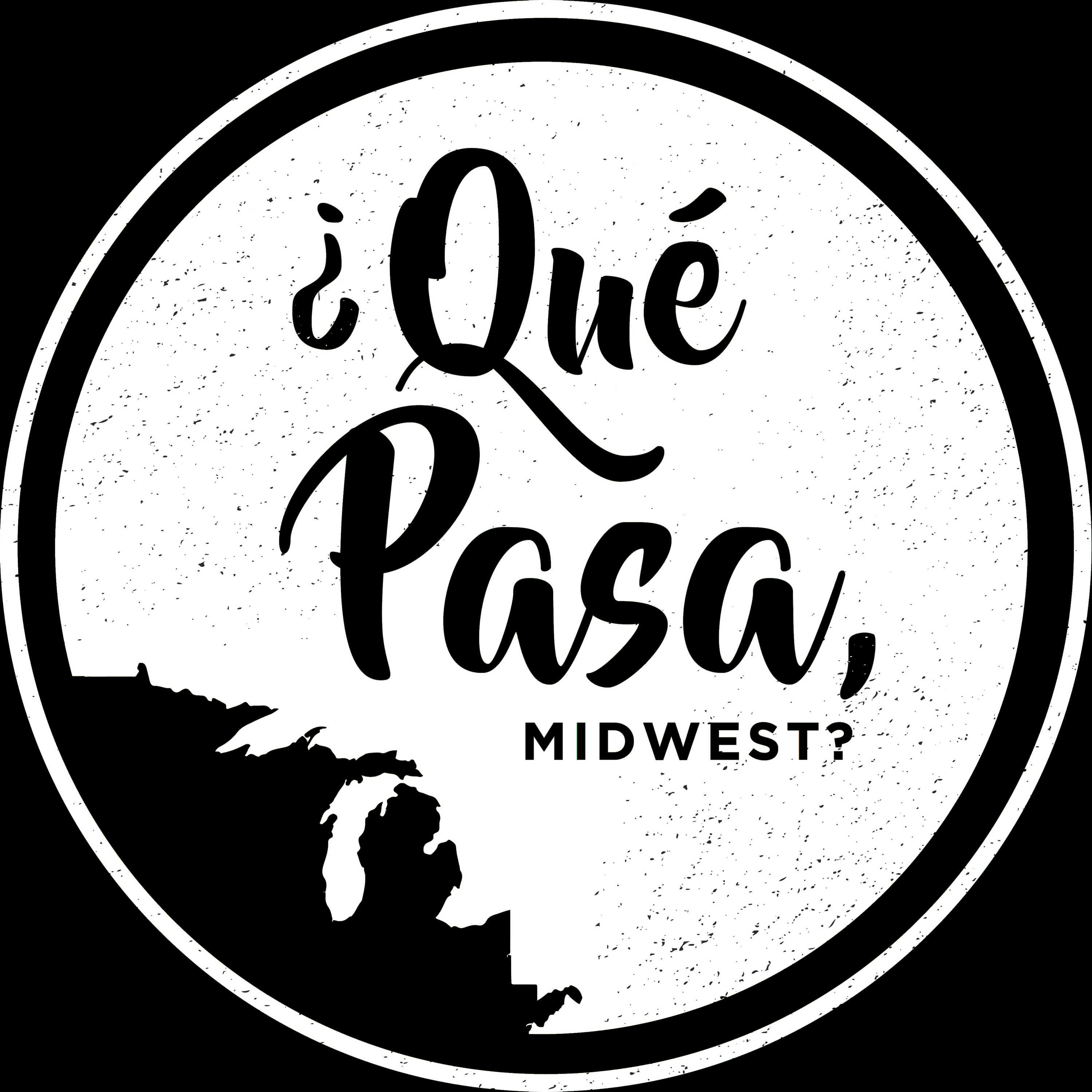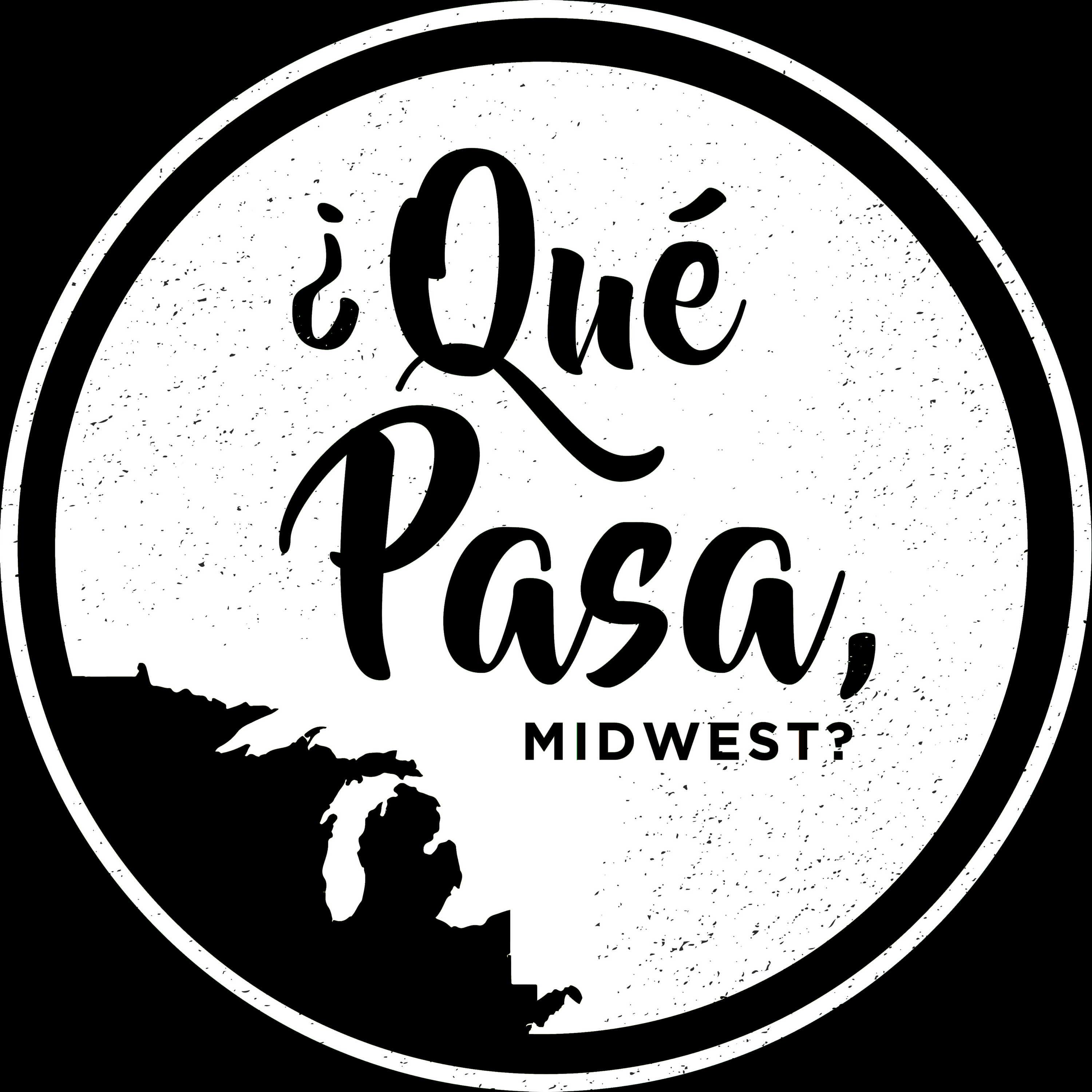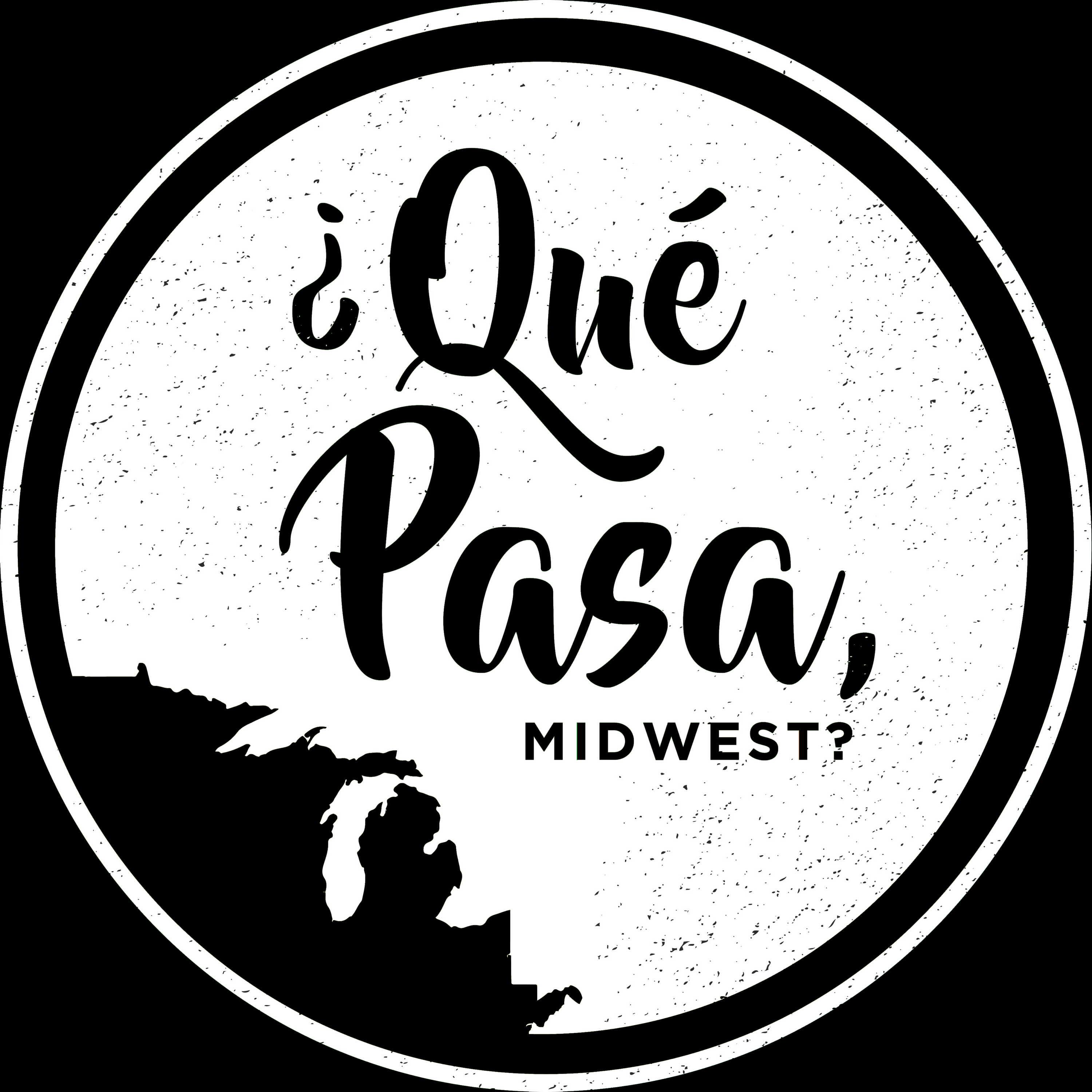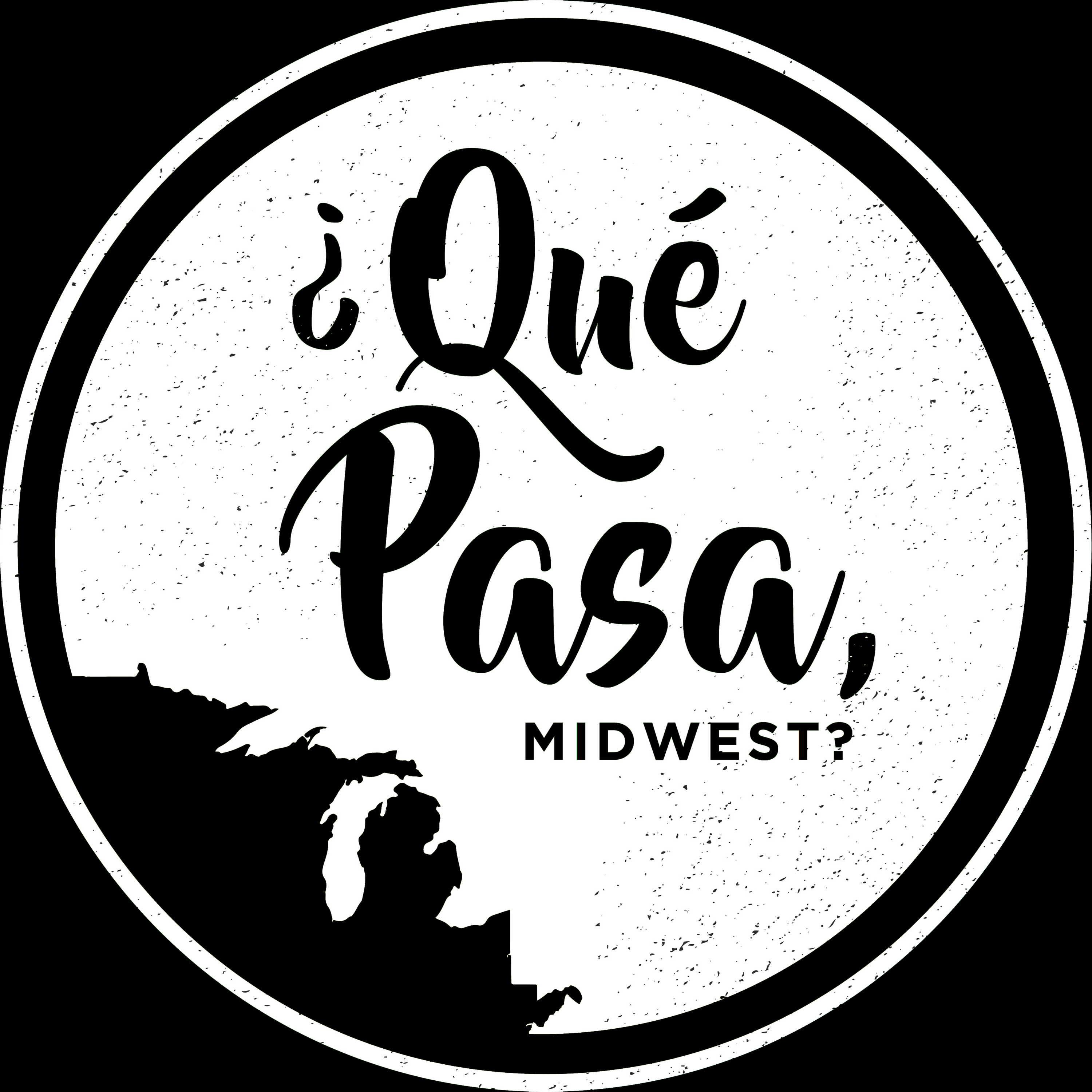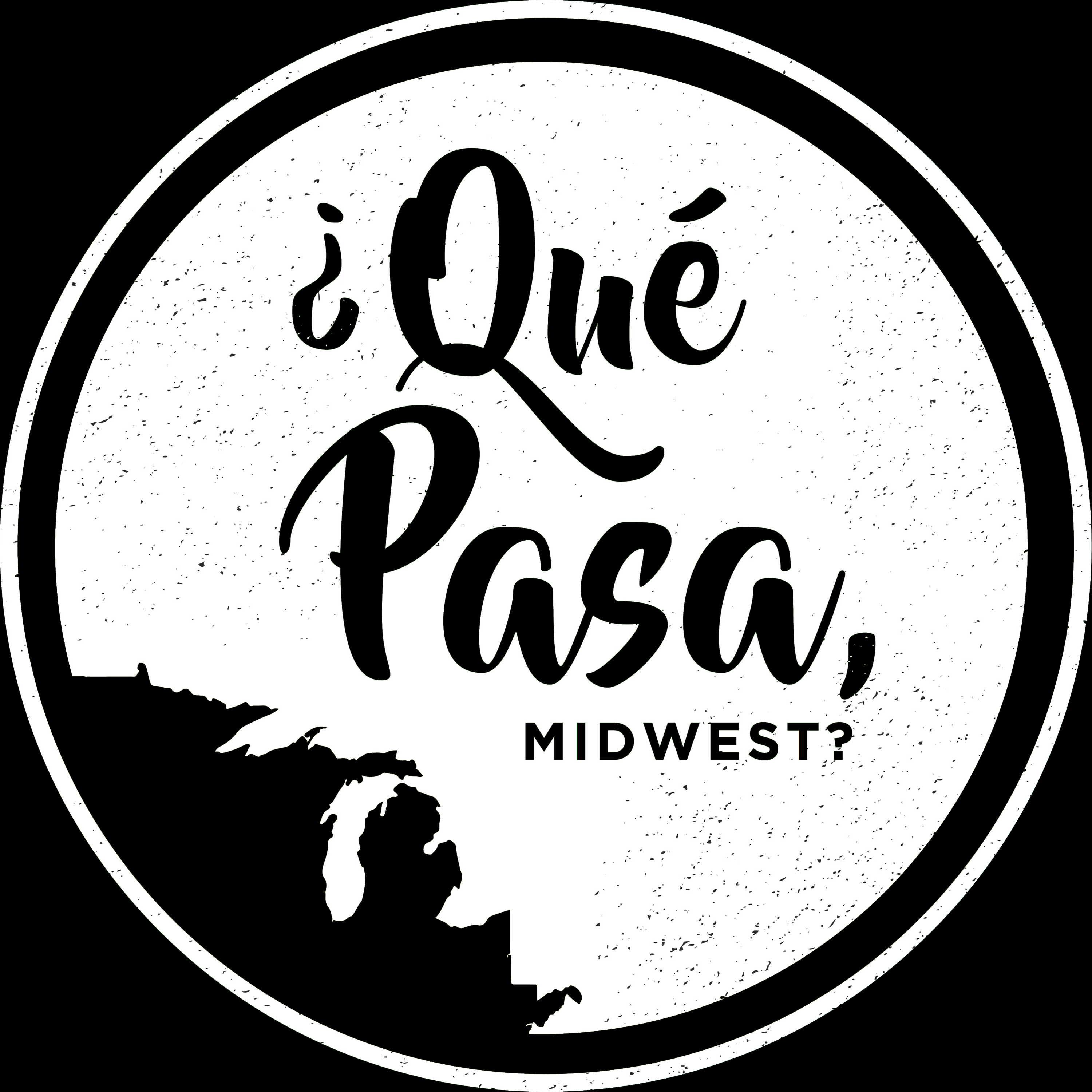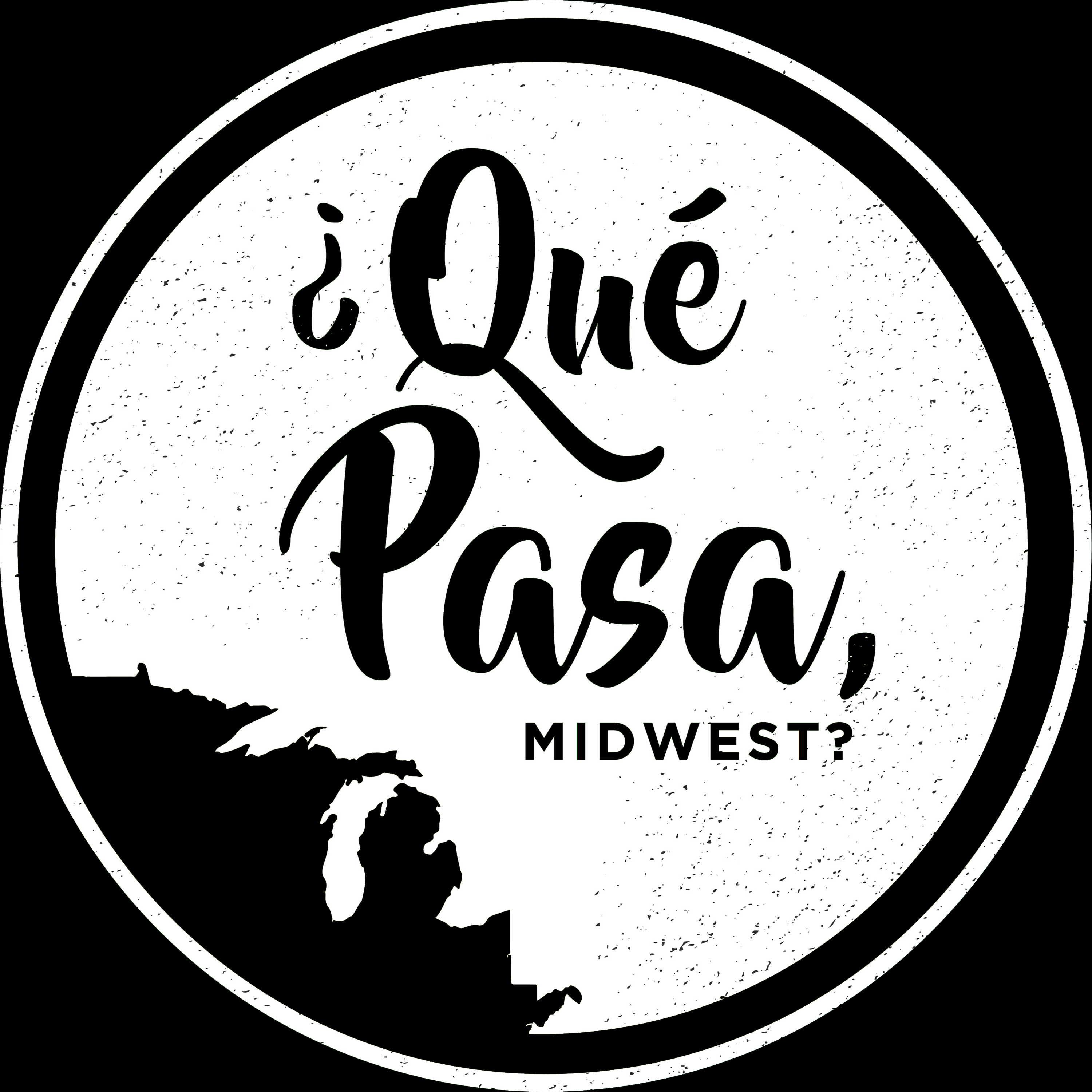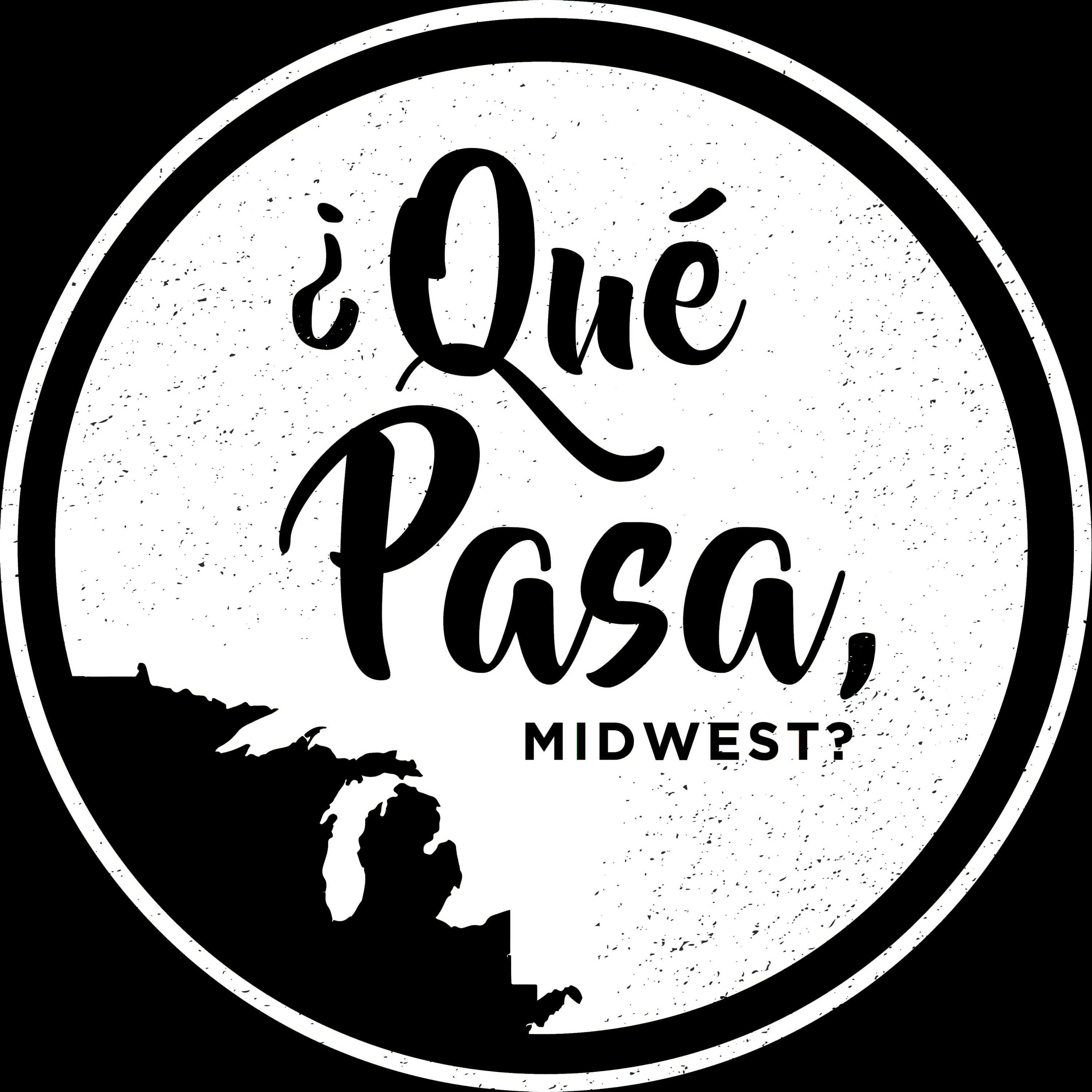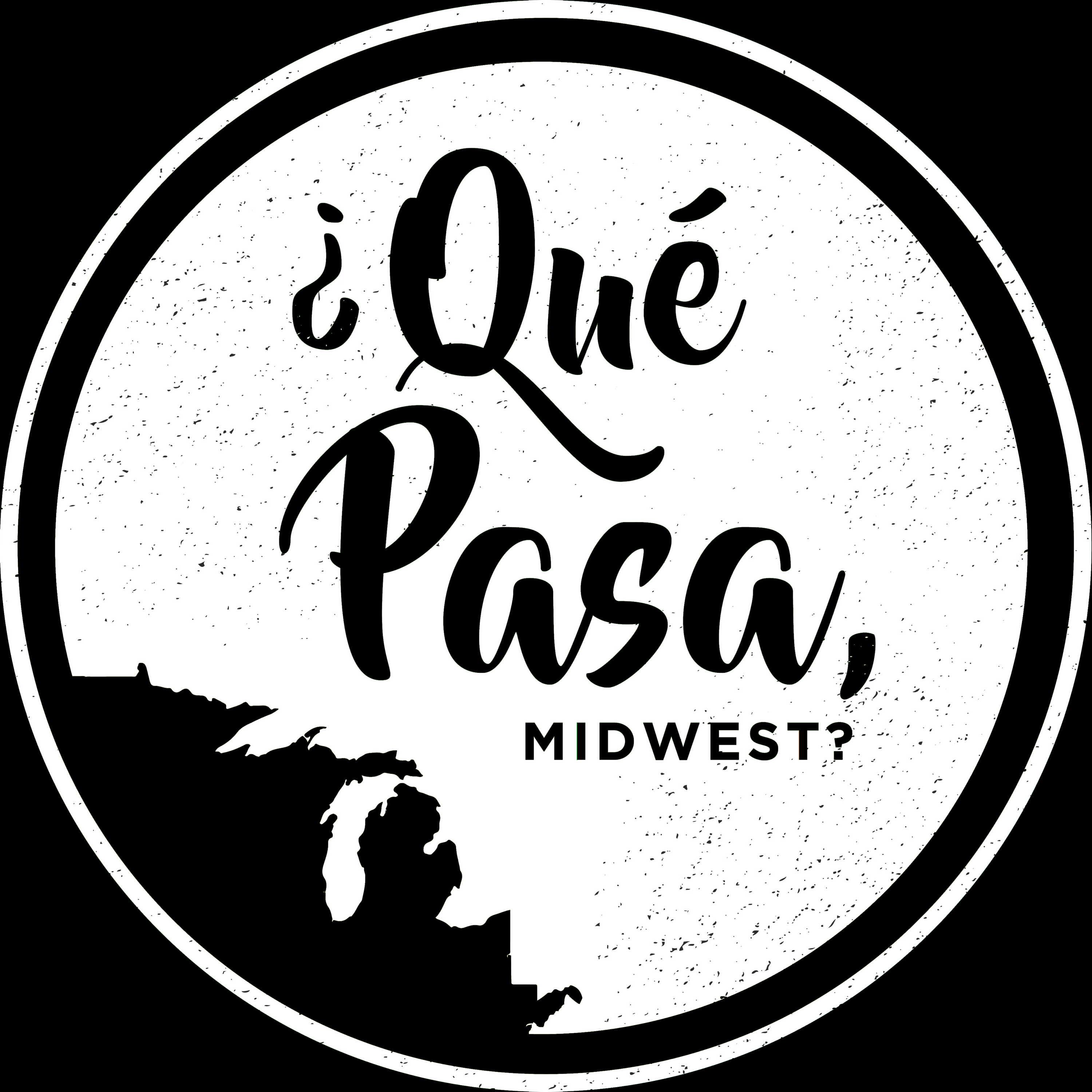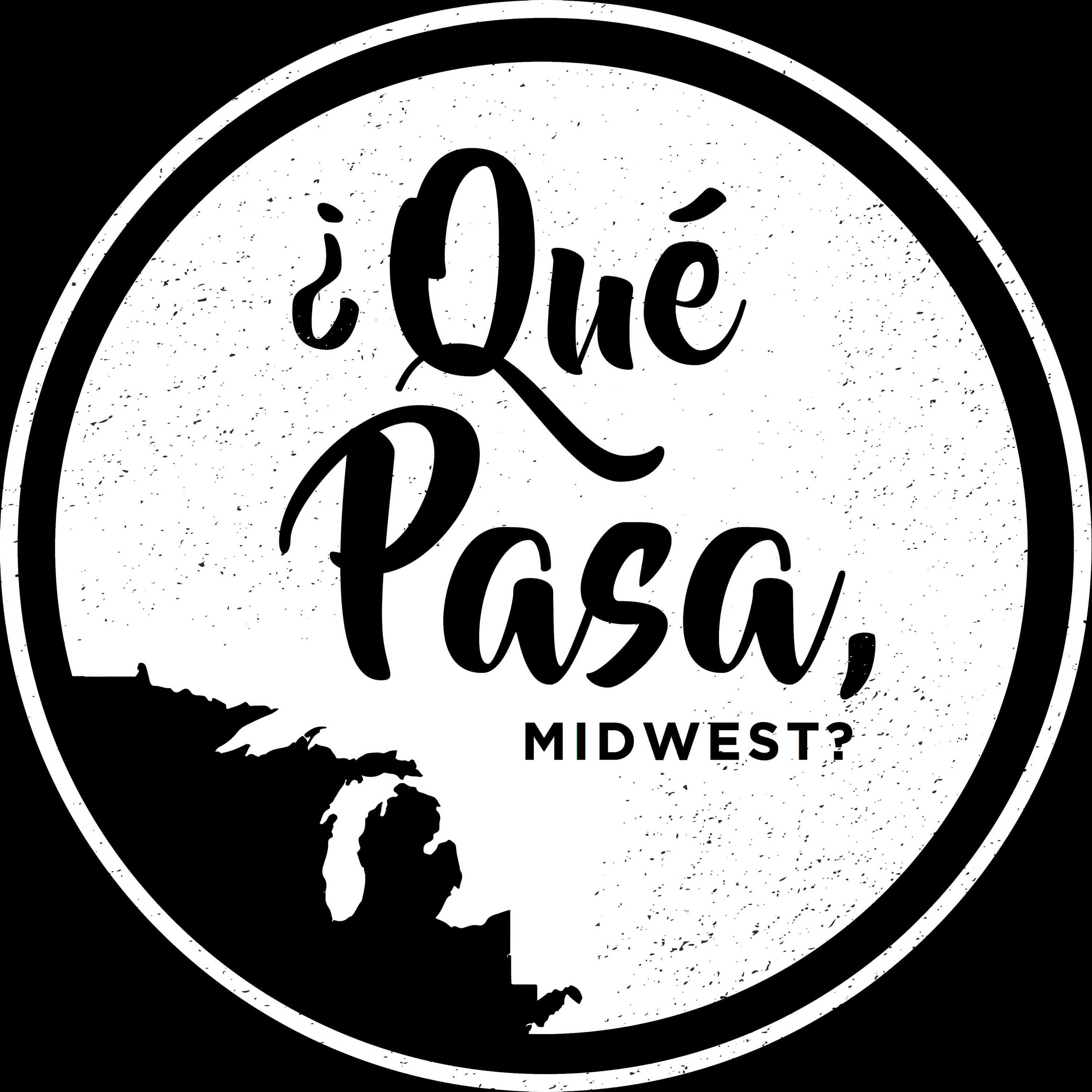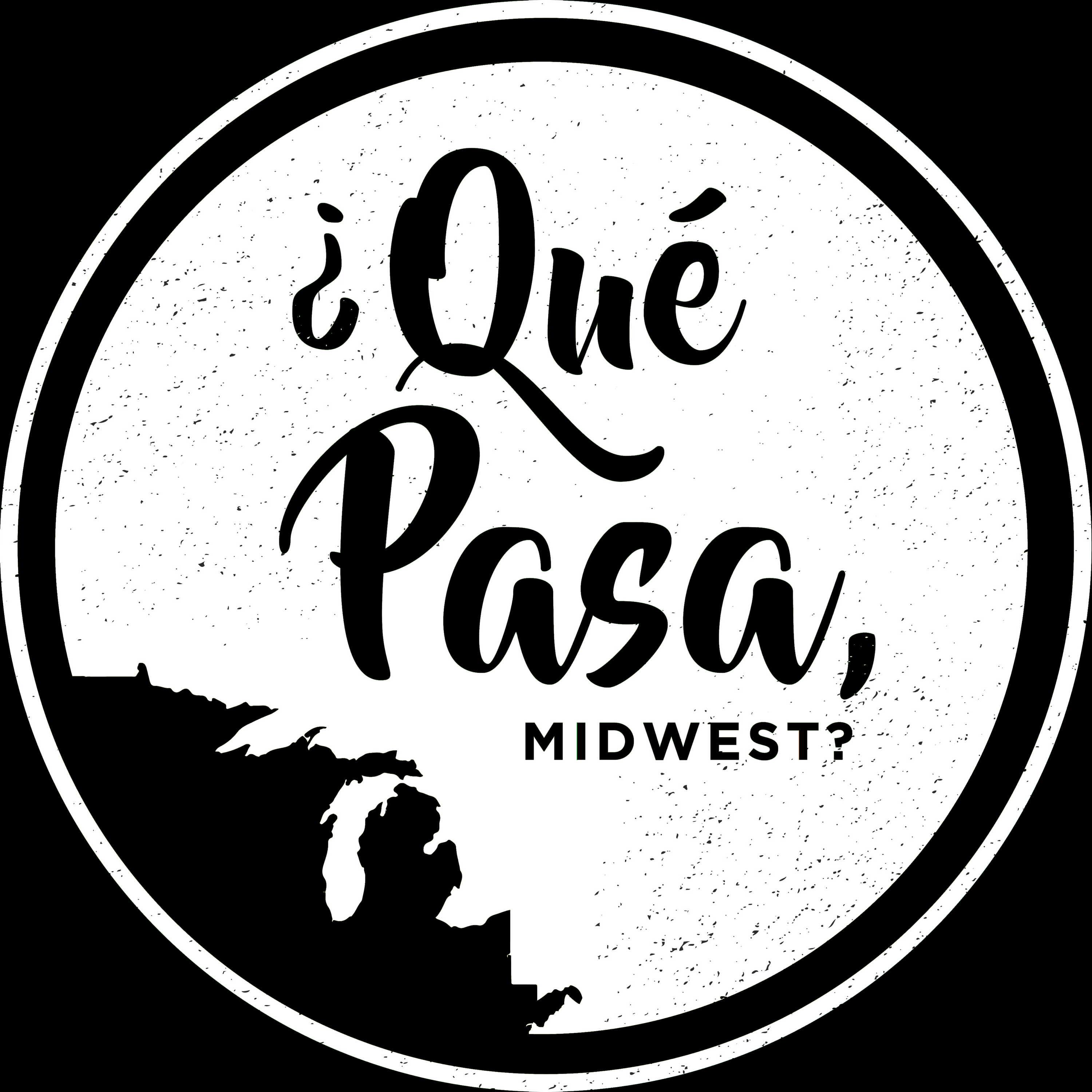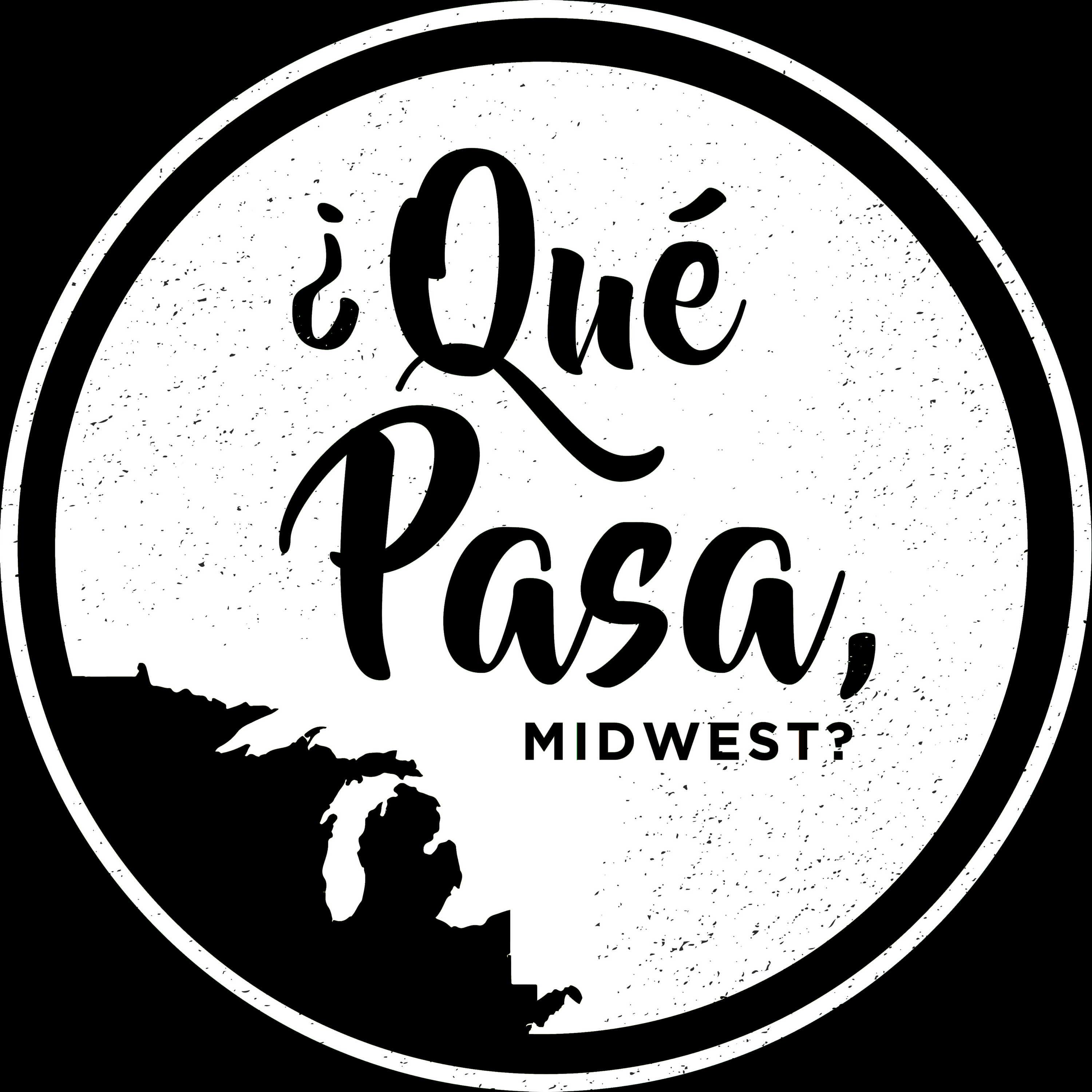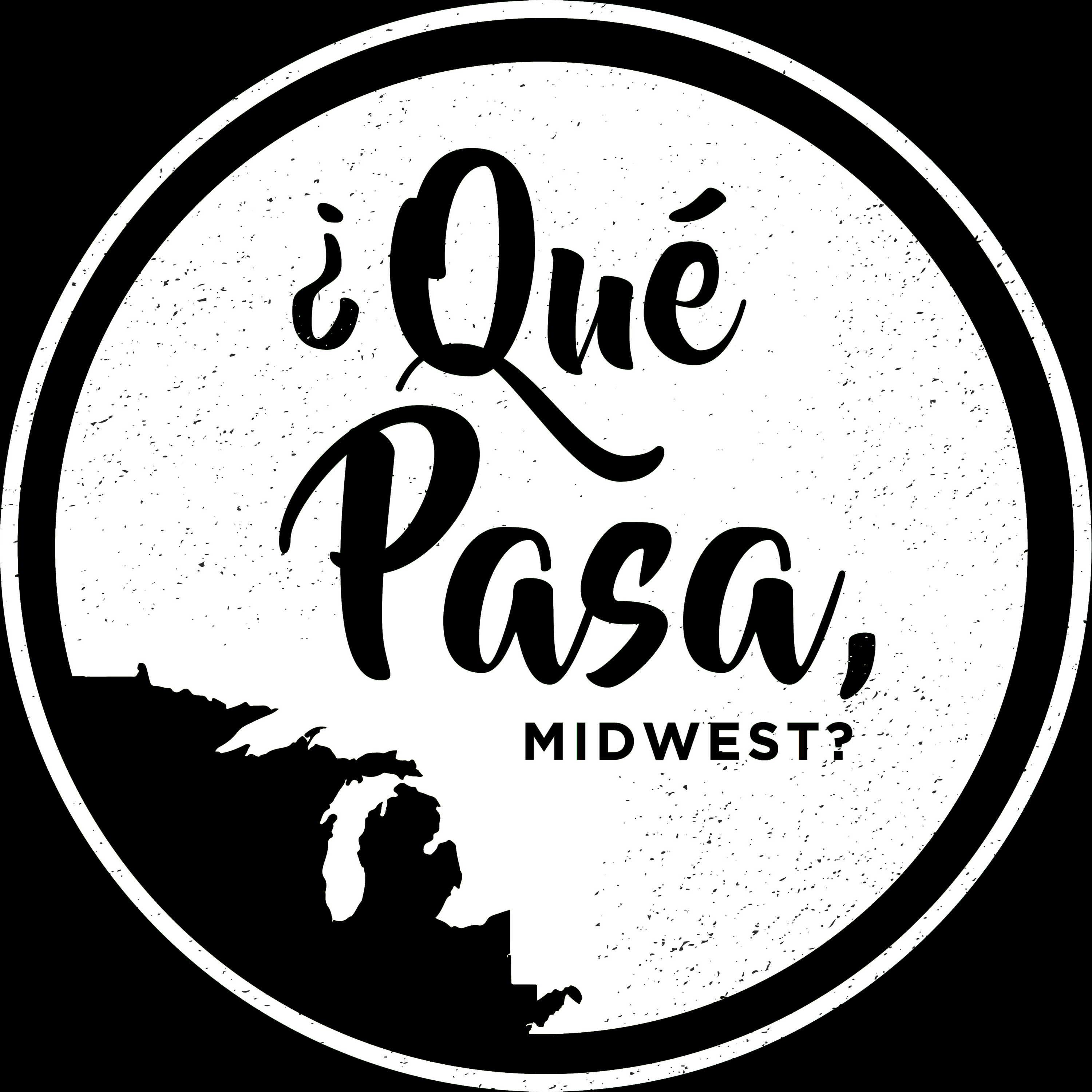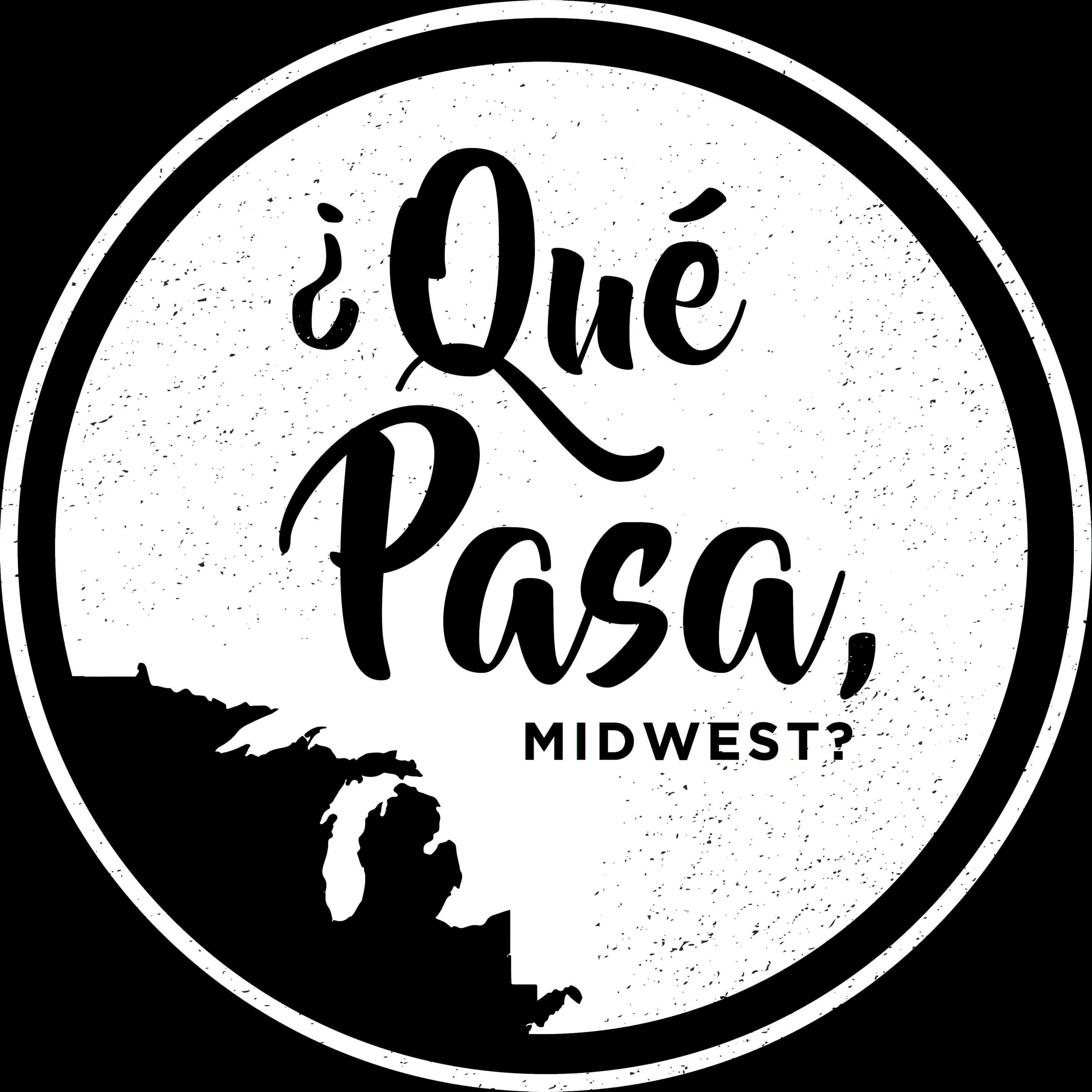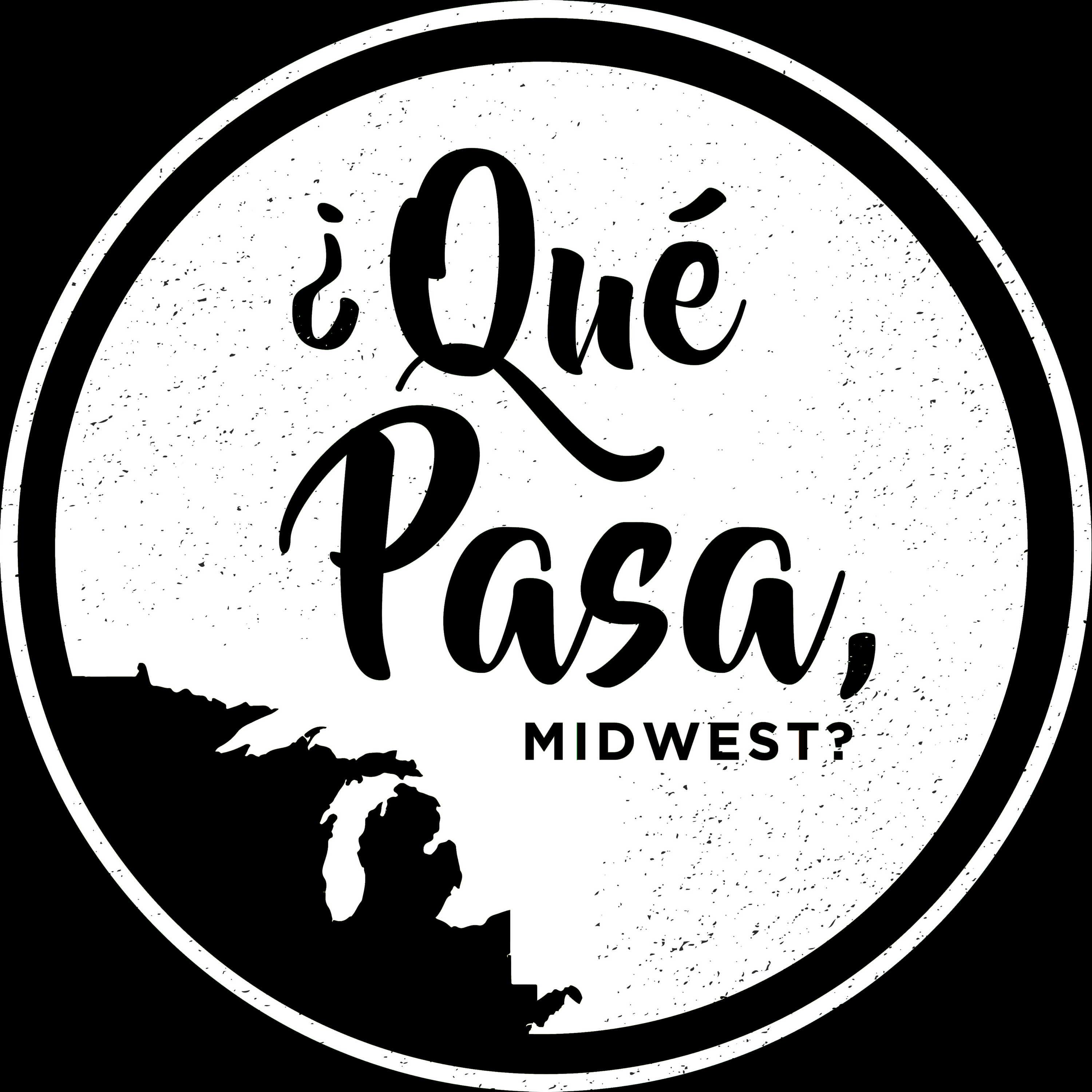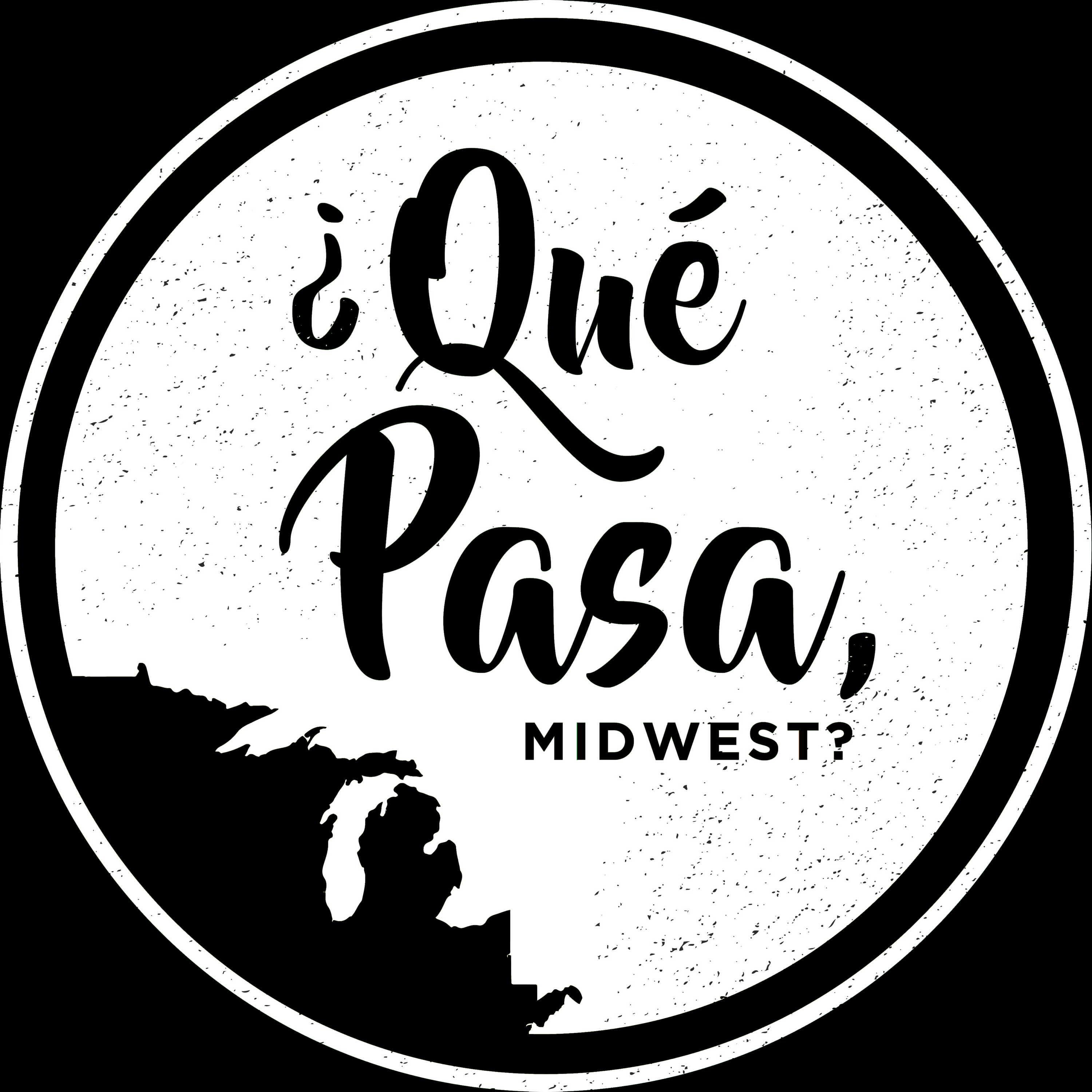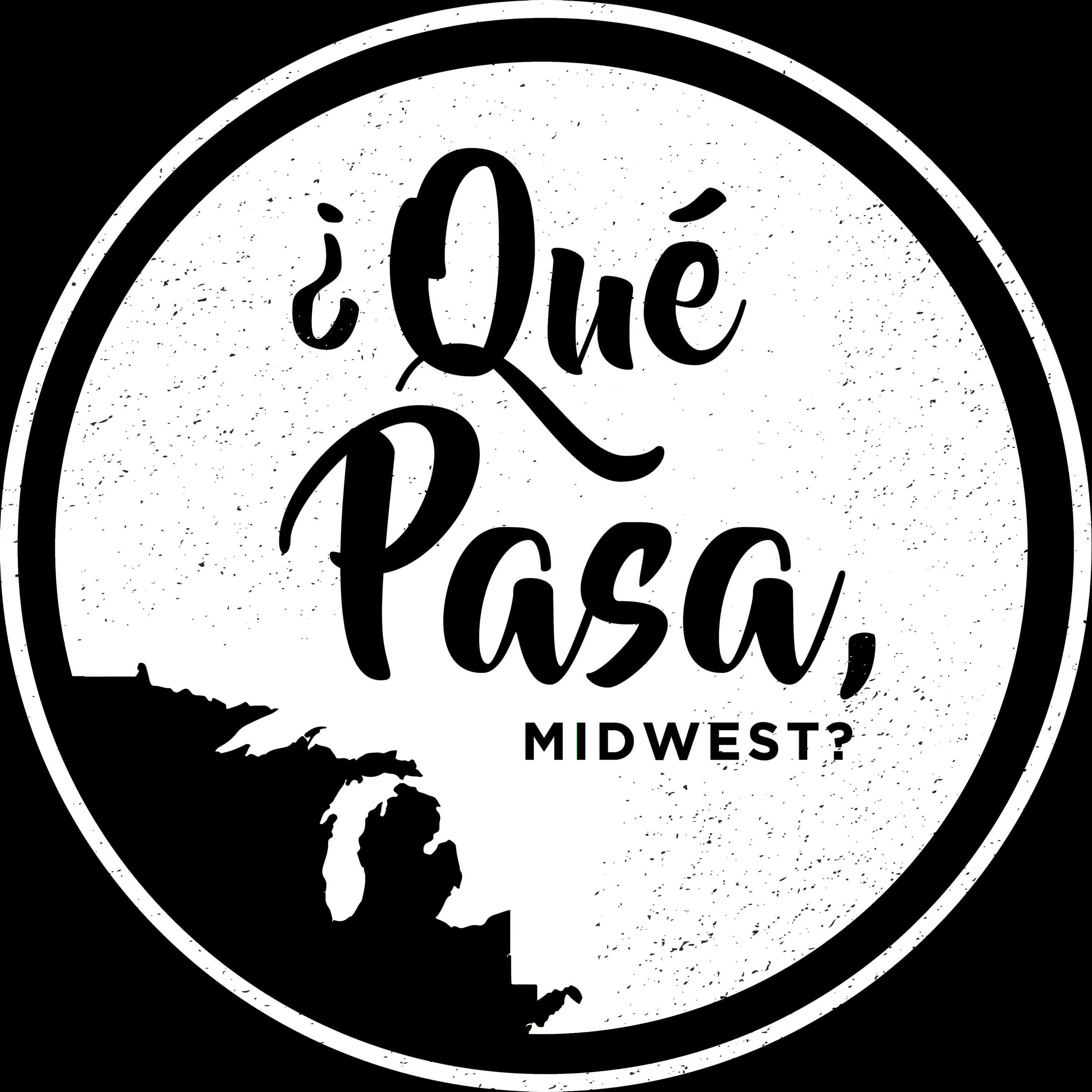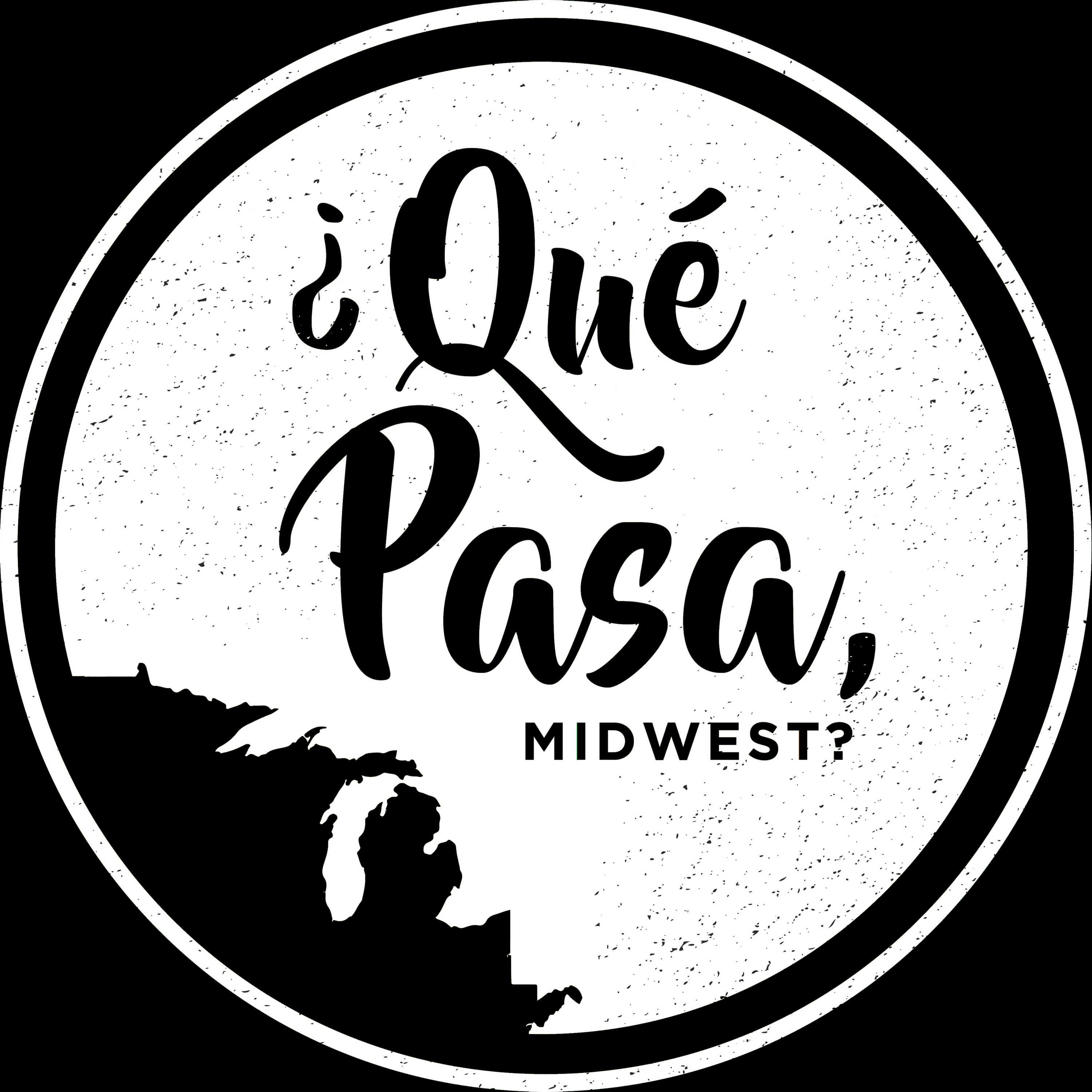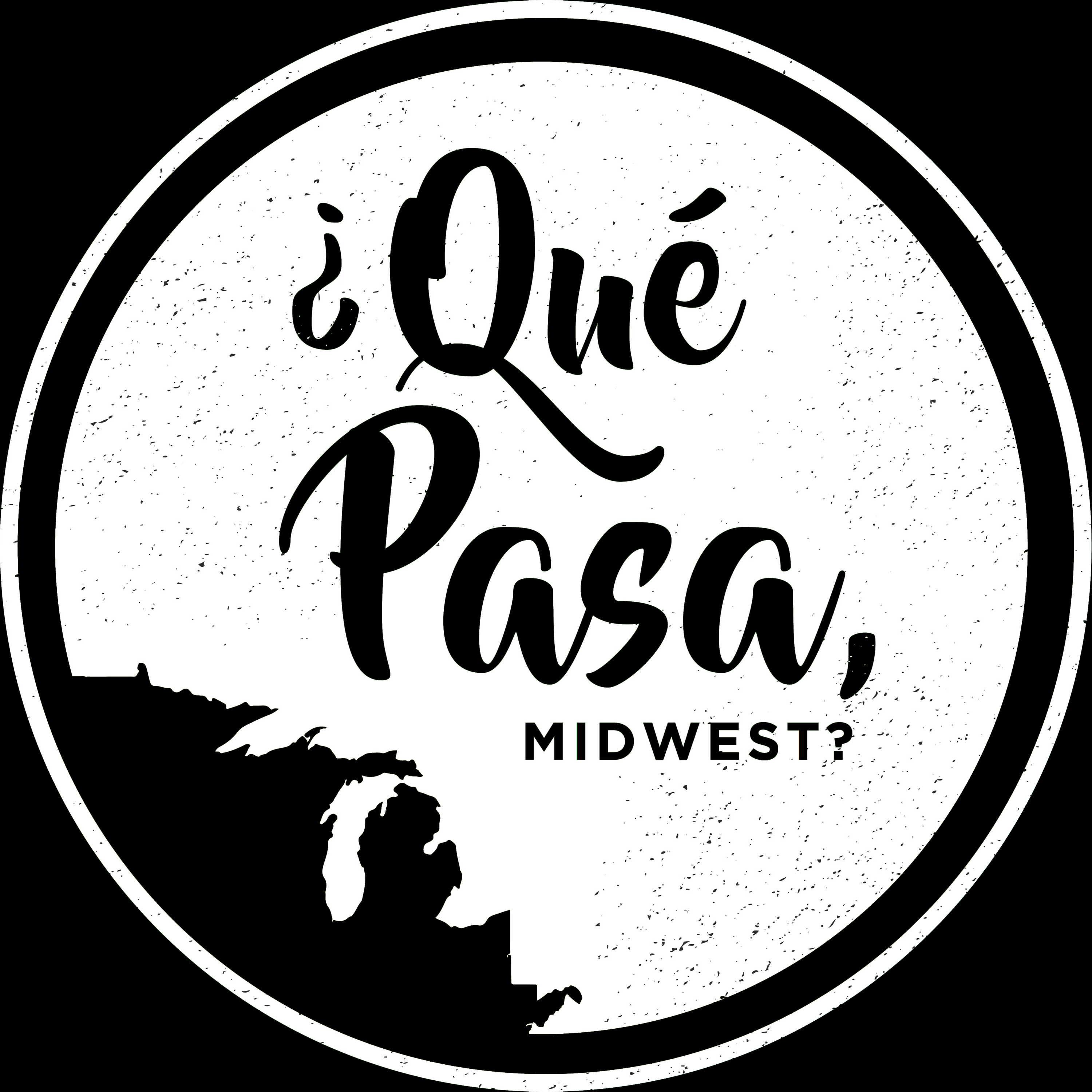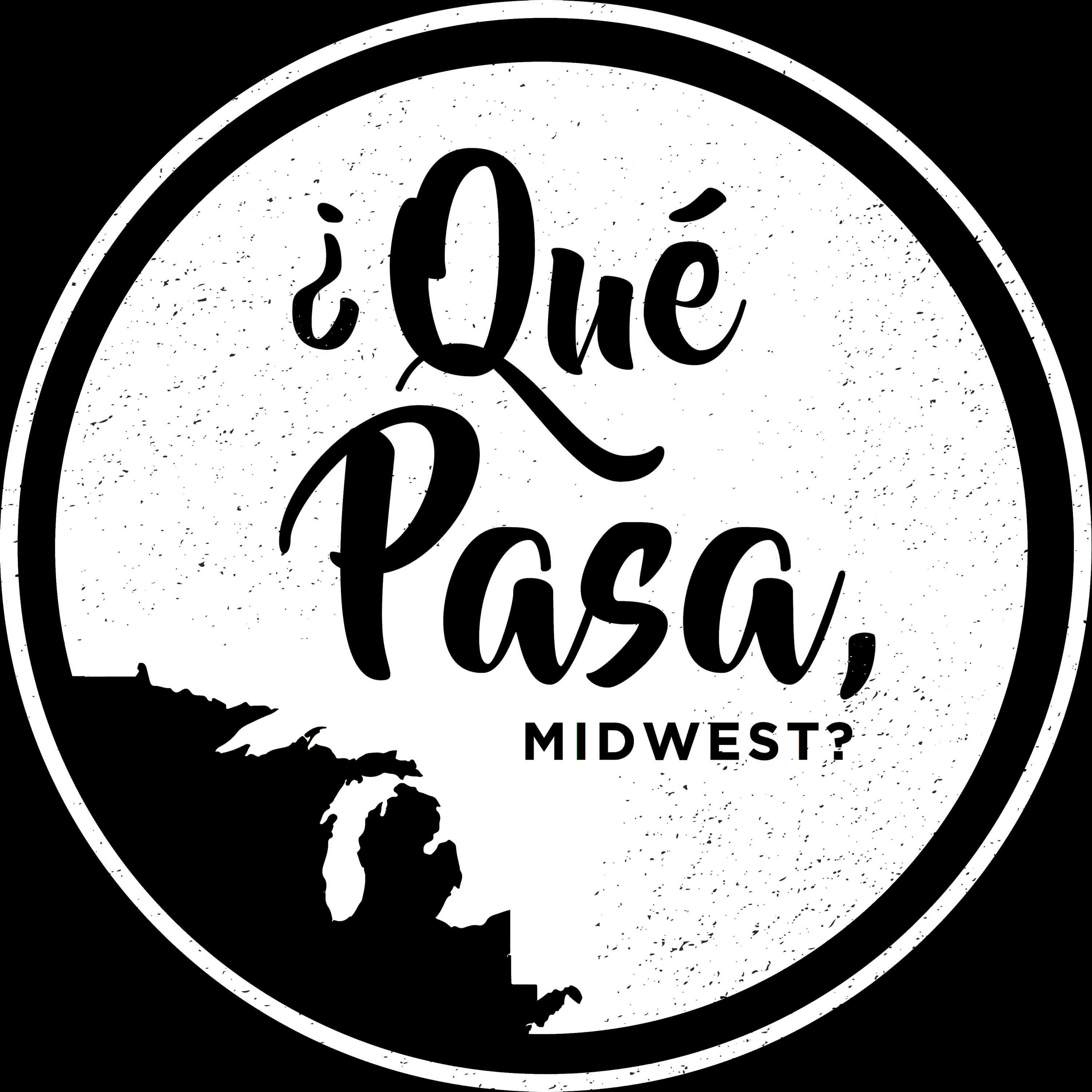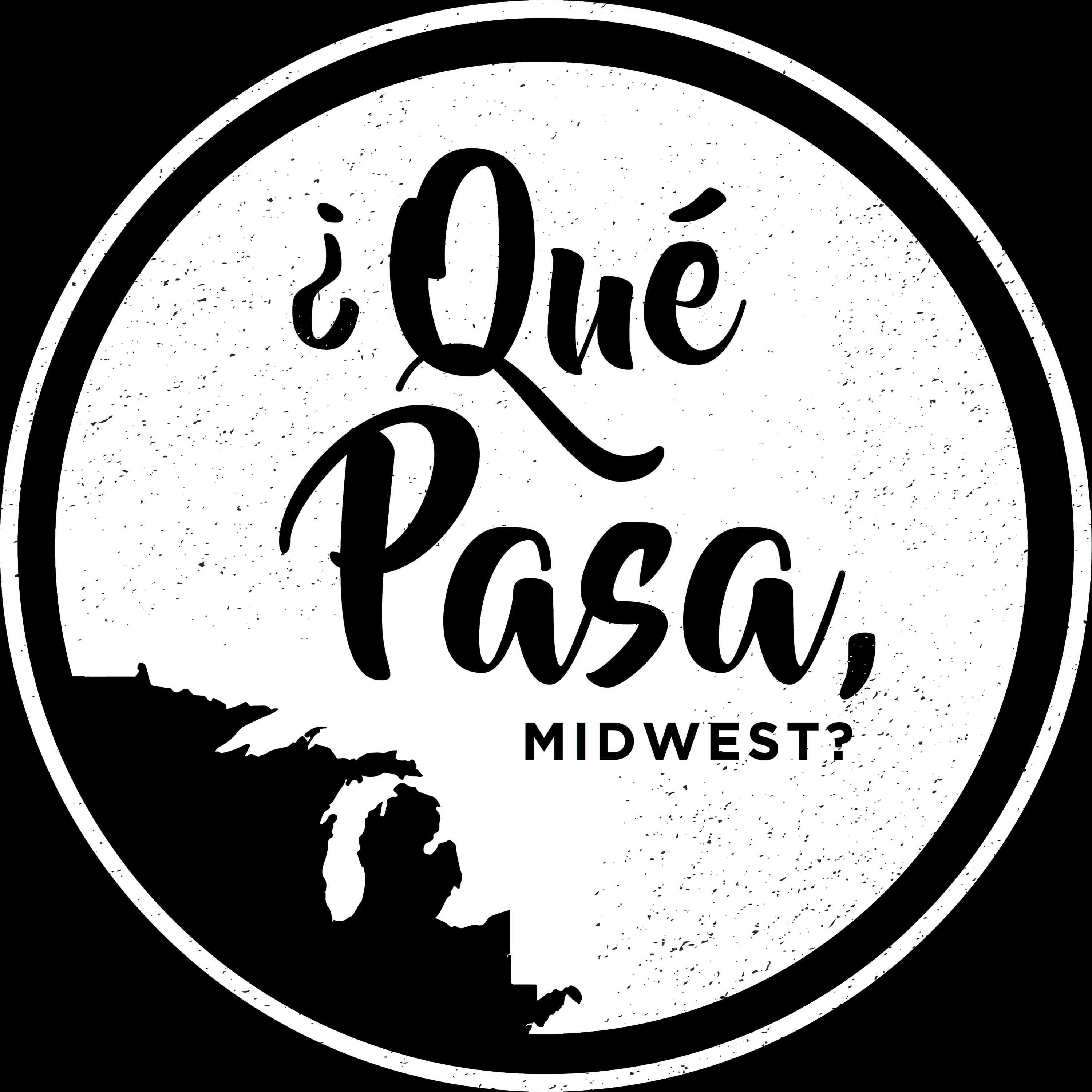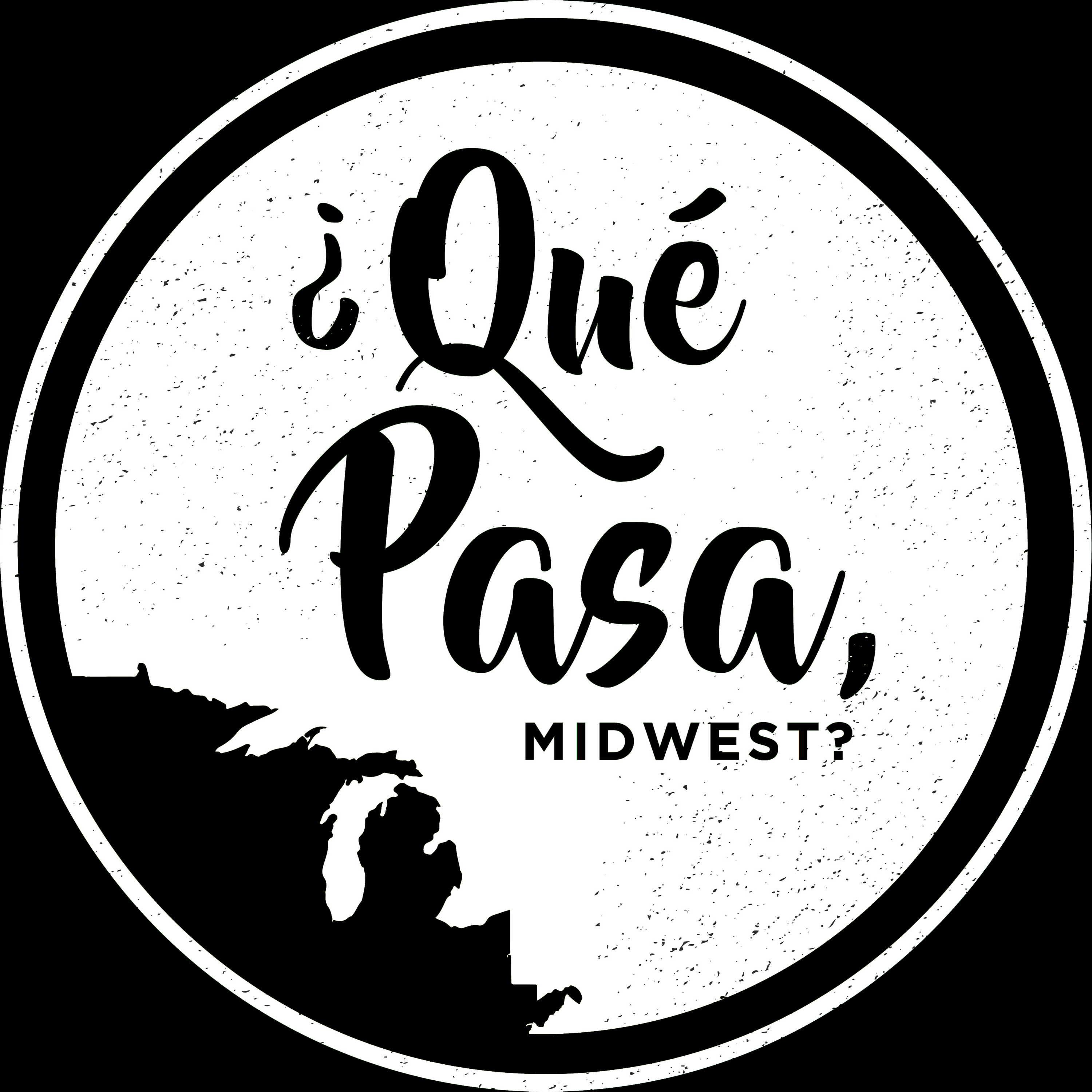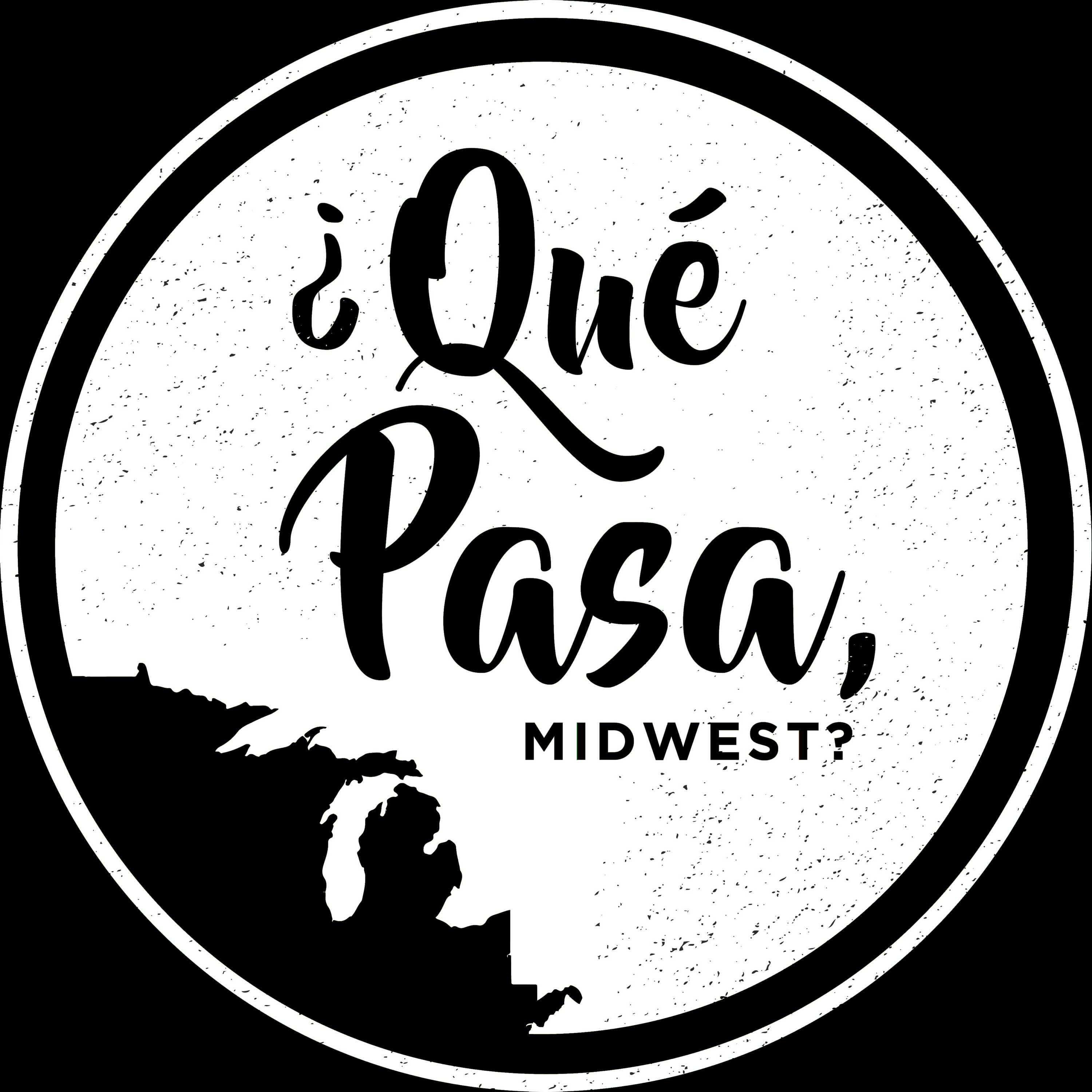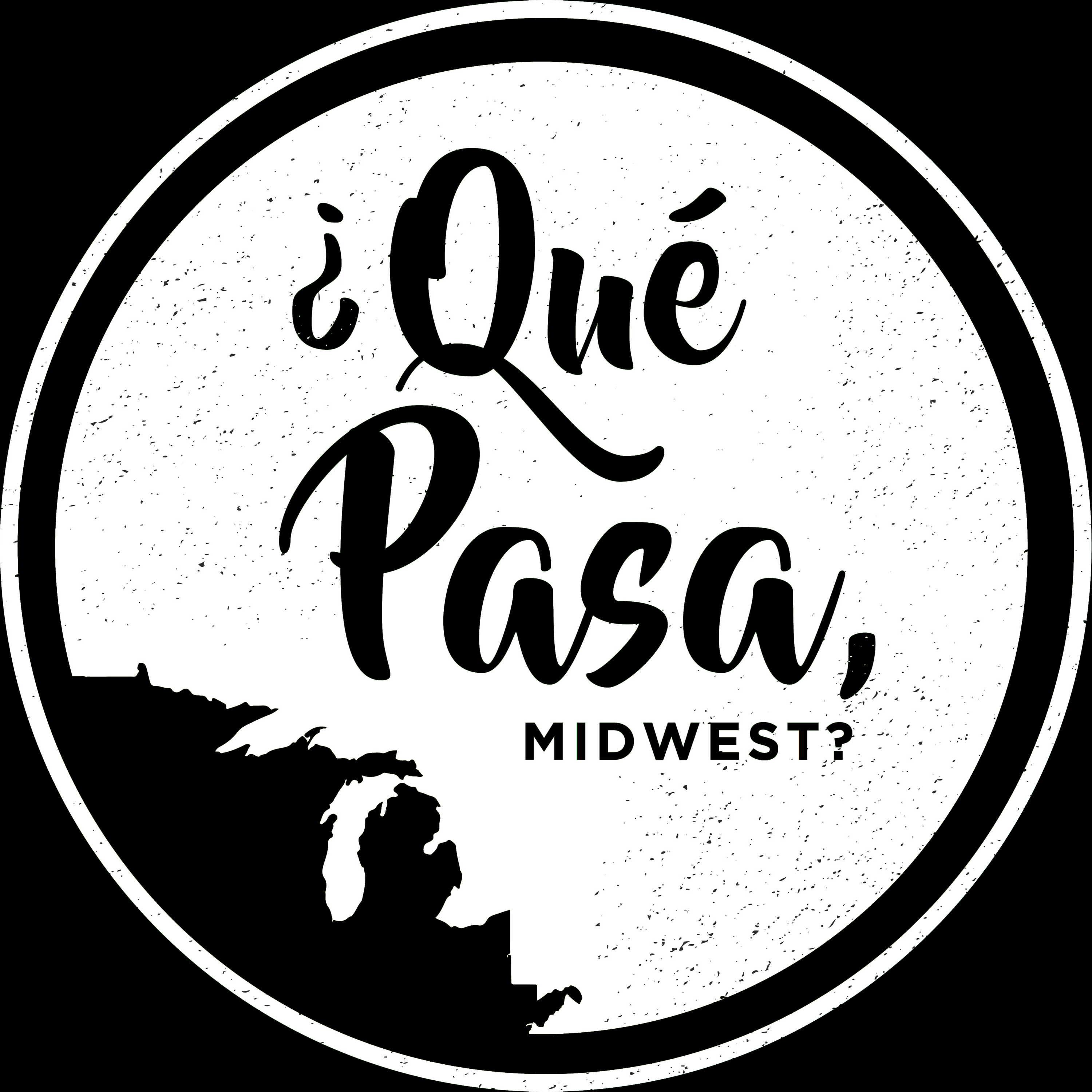
¿Qué Pasa, Midwest?
WNINCubrimos a los Latinos que decidieron establecerse en el Medio Oeste de Estados Unidos. Aquellos que, for some reason, didn’t end up in New York, Texas or California.The Midwest population is growing with the arrival of thousands of immigrants, becoming part of the heart of the United States. ¿Qué Pasa, Midwest? is a bilingual podcast that creates a sense of community for Midwestern Latinx who are missing an essential piece of their cultural identity. How do they fit in the bigger picture? Hacemos esto by sharing their stories to create a sense of hope and alliance among their communities; and to foster education on divisive issues. ¡Escúchanos!
Cubrimos a los Latinos que decidieron establecerse en el Medio Oeste de Estados Unidos. Aquellos que, for some reason, didn’t end up in New York, Texas or California.The Midwest population is growing with the arrival of thousands of immigrants, becoming part of the heart of the United States. ¿Qué Pasa, Midwest? is a bilingual podcast that creates a sense of community for Midwestern Latinx who are missing an essential piece of their cultural identity. How do they fit in the bigger picture? Hacemos esto by sharing their stories to create a sense of hope and alliance among their communities; and to foster education on divisive issues. ¡Escúchanos!
